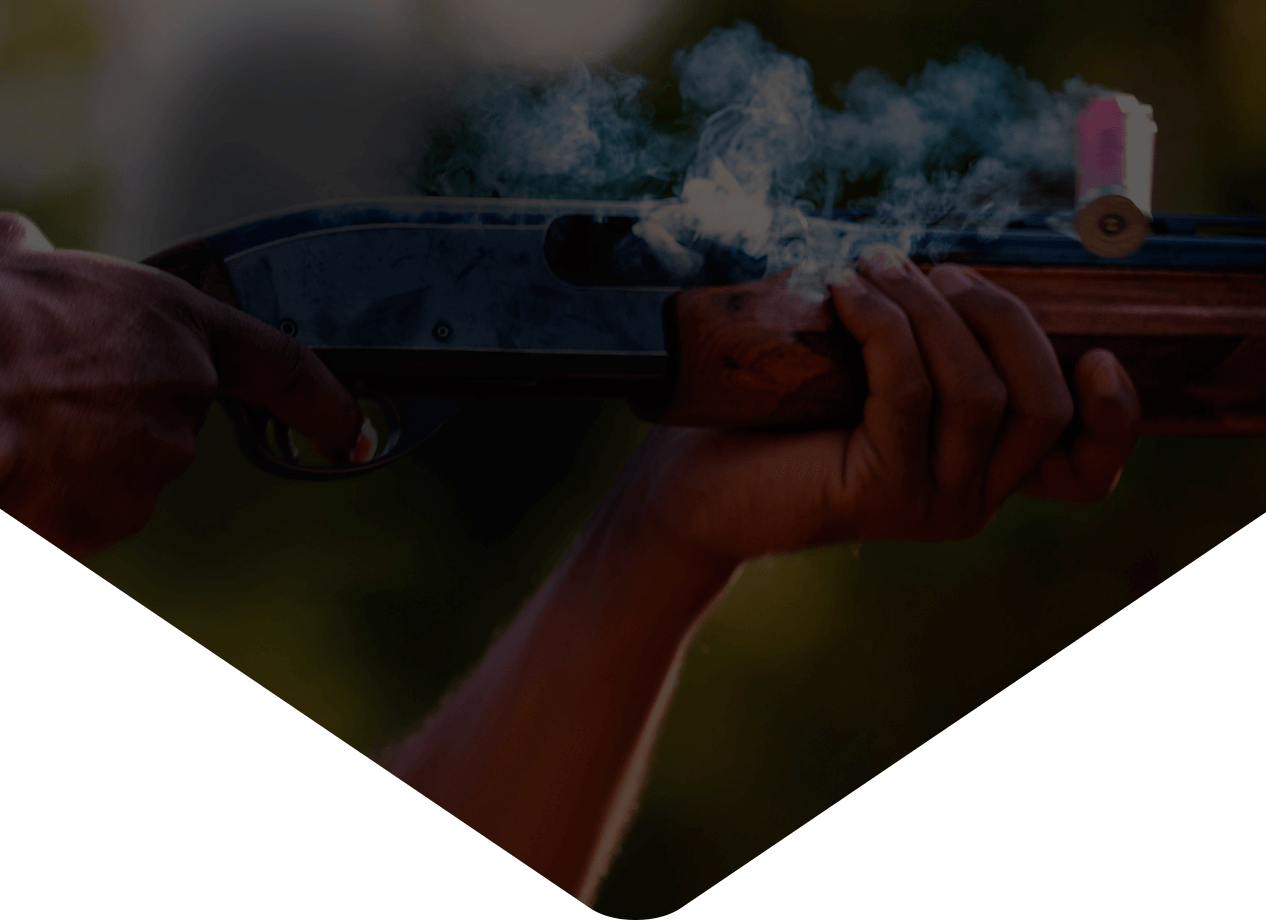Questions &
Answers
FIND ANSWERS TO FREQUENTLY ASKED QUESTIONS BELOW
If you’ve got questions about our products, then check the list of frequently asked questions below. You can also find helpful information about cleaning and lubricating your firearms on our Carry Trainer Youtube Channel’s Cleaning & Oiling Playlist. If you have questions about your order, you can contact us by email at [email protected] or by our contact page. If you still can’t find the answer to your question, you can use the form at the bottom of this page to shoot your question our way.
- How much lubricant should I use?
- Can rags damp with gun oil/cleaning fluid spontaneously combust?
- Can you clean a gun without gun oil?
- What is a good substitute for gun oil?
- Why do we use gun oil?
- Why are so many convinced that CLPs are better than other oils?
- Can Gunfighter Gun Oil be mixed with lubricants that I am already using or have on my guns?
- Can you use Gunfighter Gun Oil on a knife?
- What happens if Gunfighter Gun Oil is swallowed?
- What is the best gun oil on the market?


